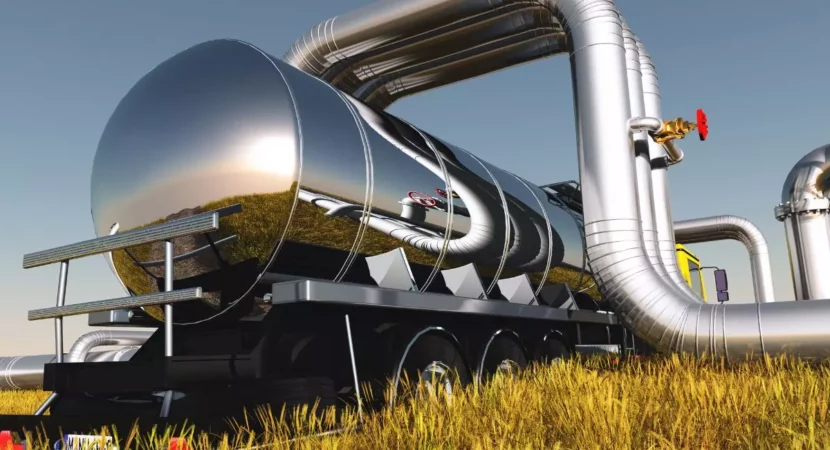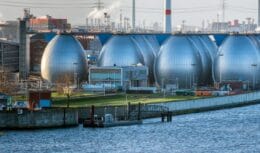
Ethanol could be used as fuel in electric cars
The transition to new fuels, such as ethanol and hydrogen, is a fundamental issue for the sustainability of the automotive sector. And the good news is that Brazil is at the forefront of developing technologies capable of making this transition faster and more efficient.
However, the transition to new fuels has been one of the great challenges of industry automotive. However, a technology developed in Brazil can be a viable and sustainable solution for this transition. According to researchers from the State University of Campinas (Unicamp), it is possible to use ethanol as fuel for electric vehicles.
Learn more about the logic of the electric car using ethanol with the video below
Microreformer: the key piece for the magic to happen
The technology works through a microreformer, a piece that carries out a chemical reaction that transforms ethanol into hydrogen. This hydrogen, in turn, generates electricity, used to move the electric car. According to the researchers, this technology is more efficient than the production of hydrogen from water, which is more common in other electric car technologies.
However, the technology developed in Brazil can help in the transition to vehicles powered by new fuels, making this transition faster and more efficient. With the production of second-generation ethanol and the development of projects for the production of hydrogen from renewable sources, Brazil is consolidating itself as a leading country in the search for sustainable solutions for the automotive industry.
Ethanol and hydrogen are sustainable energy sources that are being increasingly targeted
Ethanol is a more sustainable fuel option than petroleum derivatives, as it is produced from renewable sources such as sugarcane. In addition, Brazilian technology allows the production of second-generation ethanol from sugarcane bagasse, making production even more efficient and sustainable.
Hydrogen is another clean fuel option that has gained prominence in the automotive industry. Brazilian technology is also advancing in this area, with projects for the production of hydrogen from renewable sources, such as biomass.
Benefits of using ethanol
In addition to being a more sustainable fuel source than oil, ethanol is a widely available product in Brazil, which is one of the largest producers of sugarcane in the world. With the use of this technology, the consumer could fuel his electric vehicle with ethanol, which would be cheaper and have a higher yield. This is because, according to the researchers, the technology allows the use of ethanol more diluted in water than usual, which would increase the kilometer traveled per liter of ethanol.
Hydrogen could grow production in the coming years and reduce fuel use
Still in the biofuel sector, there are other options that can help in the transition to more sustainable vehicles. Hydrogen, for example, is a promising bet. However, its production is still not feasible due to the high cost. But a technology developed in Brazil could change this scenario.
In the state of Minas Gerais, researchers at the Federal University of Uberlândia developed an innovative process to produce hydrogen from agricultural and agro-industrial waste. Using an electrochemical reactor, it is possible to obtain hydrogen from materials such as sugarcane bagasse, coffee husks and cellulose waste.
In addition, technology has an important differential. After all, the process is carried out at room temperature. In this way, the cost of production is reduced. This technique can make large-scale hydrogen production feasible and contribute to the transition from fossil fuels to cleaner and more sustainable sources.
Finally, it is important to highlight that research and innovations in the biofuel sector are fundamental for the search for alternatives to fossil fuels, which generate pollution and contribute to global warming. The use of technologies such as the ethanol micro-reformer and the production of hydrogen from agricultural and agro-industrial residues are examples of how science can contribute to a more sustainable future.












